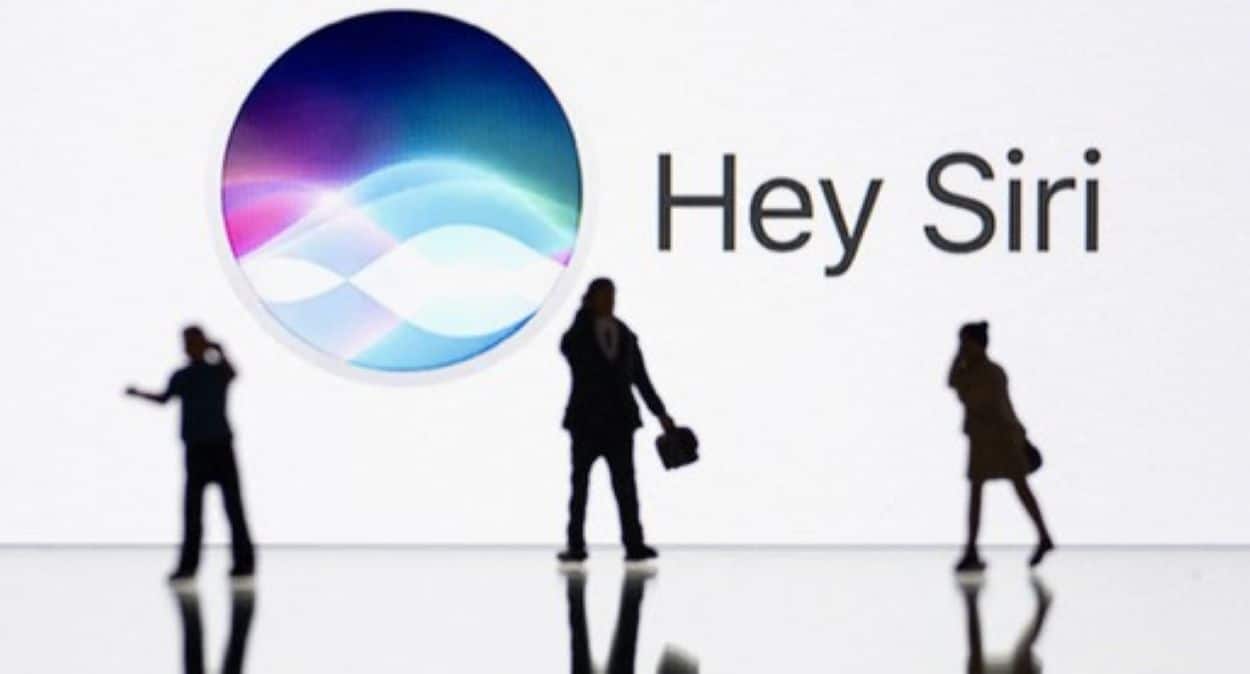Apple has agreed to a $95 million settlement to resolve a class action lawsuit, Lopez v. Apple, alleging that its Siri voice assistant recorded private conversations without consent.
As reported by USA Today, the lawsuit filed in 2021 in a California federal court claims Siri-enabled devices activated unintentionally from September 17, 2014, to December 31, 2024, sharing data with third parties, including advertisers. Eligible U.S. users can claim up to $20 per device, with a deadline of July 2, 2025, via the Lopez Voice Assistant Settlement website.
Who Is Eligible?
U.S. residents who owned or purchased Siri-enabled devices, iPhones, iPads, Apple Watches, MacBooks, iMacs, Apple TVS, HomePods, or iPod Touches between September 17, 2014, and December 31, 2024, and experienced unintended activations may qualify. Claimants can receive up to $20 per device for a maximum of five devices, totalling up to $100, though payouts may vary based on claim volume.
Apple users can file claim in $95 million Siri eavesdropping lawsuit https://t.co/zYMaygSacp
— Washington Examiner (@dcexaminer) May 14, 2025How to Claim
You can submit your Lopez Voice Assistant Settlement claims on the official website. If you received a claim ID through email or a postcard, using that ID will help speed up the process, but it is not mandatory. Anyone who believes they are eligible can file a claim by providing the necessary information, proof of purchase, or details about their device.
The deadline to file a claim is July 2, 2025, and the final court hearing for settlement approval is scheduled for August 1, 2025. Apple denies any wrongdoing but settled the lawsuit to avoid prolonged litigation and mitigate reputational risk.
The Lopez v. Apple case stemmed from a 2019 Guardian investigation revealing that Apple contractors accessed confidential Siri recordings to improve functionality, with only a small fraction manually reviewed. Users reported seeing targeted ads tied to private conversations, raising privacy concerns. The lawsuit alleged violations of user consent, prompting Apple to enhance Siri’s privacy protocols.
The settlement highlights growing scrutiny of tech giants’ data practices, with Apple’s case joining similar lawsuits against Amazon and Google. It underscores consumer demand for transparency in AI-driven devices, influencing future privacy standards.






